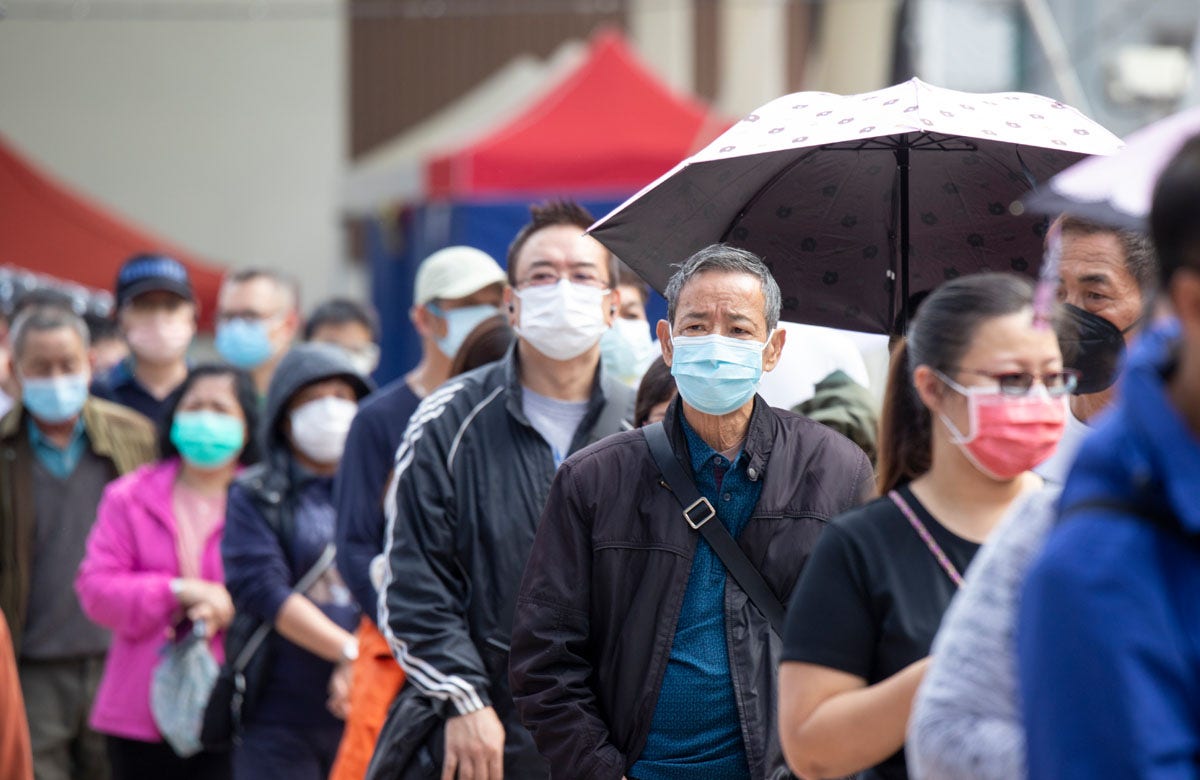Virus outbreak in China sparks pandemic concerns: What to know about HMPV

An outbreak of a highly contagious virus in China has health officials on alert. Cases of human metapneumovirus, or HMPV, which can lead to respiratory disease, are reportedly spiking in northern China, with children 14 and under being the most affected group.
While HMPV may not be as widely known as other viruses, it is not a new virus. Discovered in 2001, HMPV belongs to the same family as respiratory syncytial virus (RSV), according to the U.S. Centers for Disease Control and Prevention (CDC).
Recent videos on social media have shown overwhelmed hospitals in China, raising concerns of a potential pandemic. The Chinese Foreign Ministry has attributed the spike in cases to a regular seasonal surge, stating that respiratory infections tend to peak during the winter season.
The CDC is closely monitoring the situation through its National Respiratory and Enteric Virus Surveillance System (NREVSS). While the situation in China is being closely watched, the CDC has reassured the public that there is currently no cause for concern in the U.S.
Dr. Marc Siegel, clinical professor of medicine at NYU Langone Health and Fox News senior medical analyst, noted that while HMPV is generally mild, it can lead to pneumonia. Dr. Jacob Glanville, CEO of Centivax, a San Francisco biotechnology company, mentioned that most people are infected with HMPV by the time they turn 5 years old.
Symptoms of HMPV are similar to those of a common cold, including fever, nasal congestion, and shortness of breath. In severe cases, HMPV can lead to bronchitis or pneumonia. The virus is typically transmitted from human to human through coughing, sneezing, or close contact.
Preventative measures recommended by the CDC include frequent hand washing, avoiding close contact with sick individuals, covering the mouth and nose when coughing or sneezing, and staying home when sick. While there is no specific treatment or vaccine for HMPV, the virus is currently managed with rest, hydration, and over-the-counter medications.
In conclusion, while the situation in China is being closely monitored, the risk of a pandemic being caused by HMPV in the U.S. is currently low. It is essential for individuals to take necessary precautions, such as getting vaccinated against COVID, influenza, and RSV, and following proper hygiene practices to prevent the spread of respiratory viruses.




